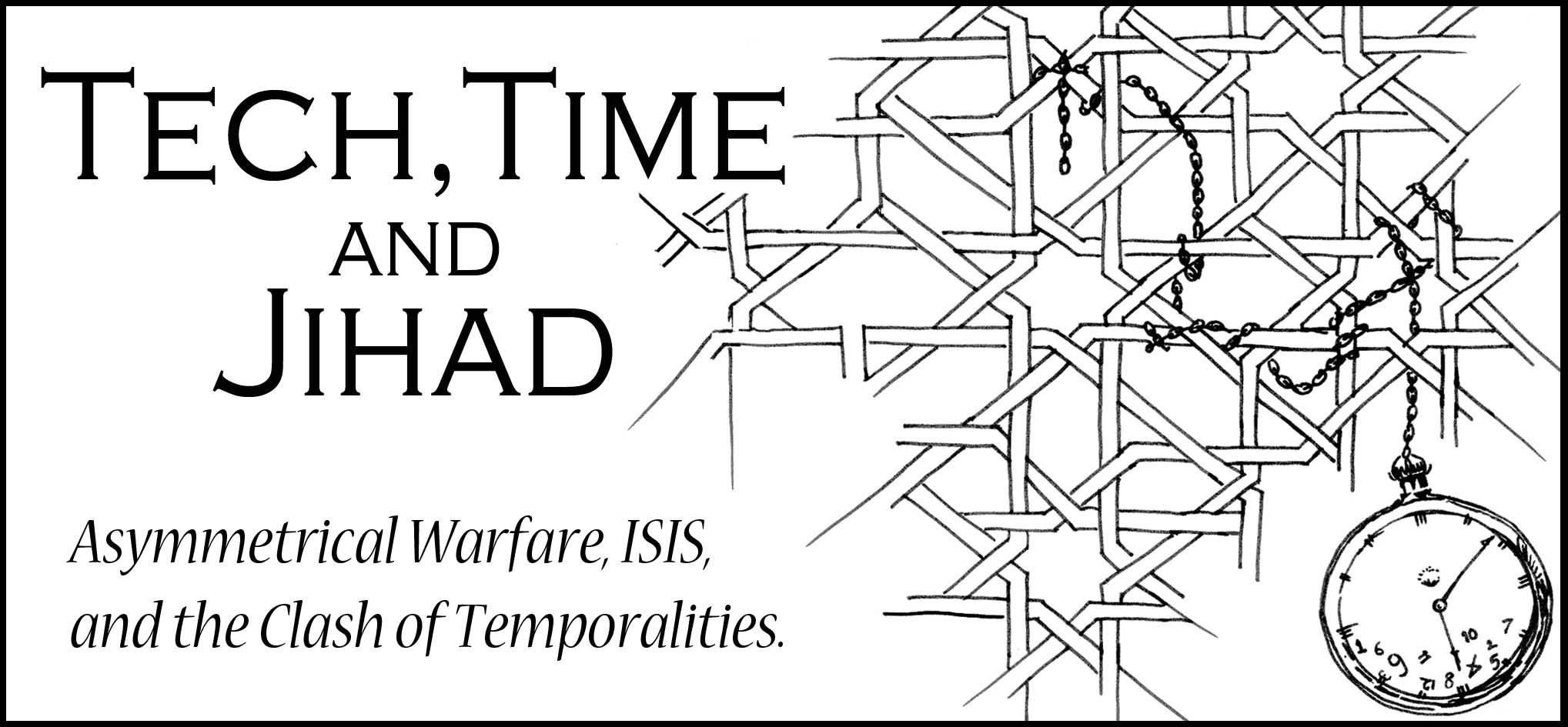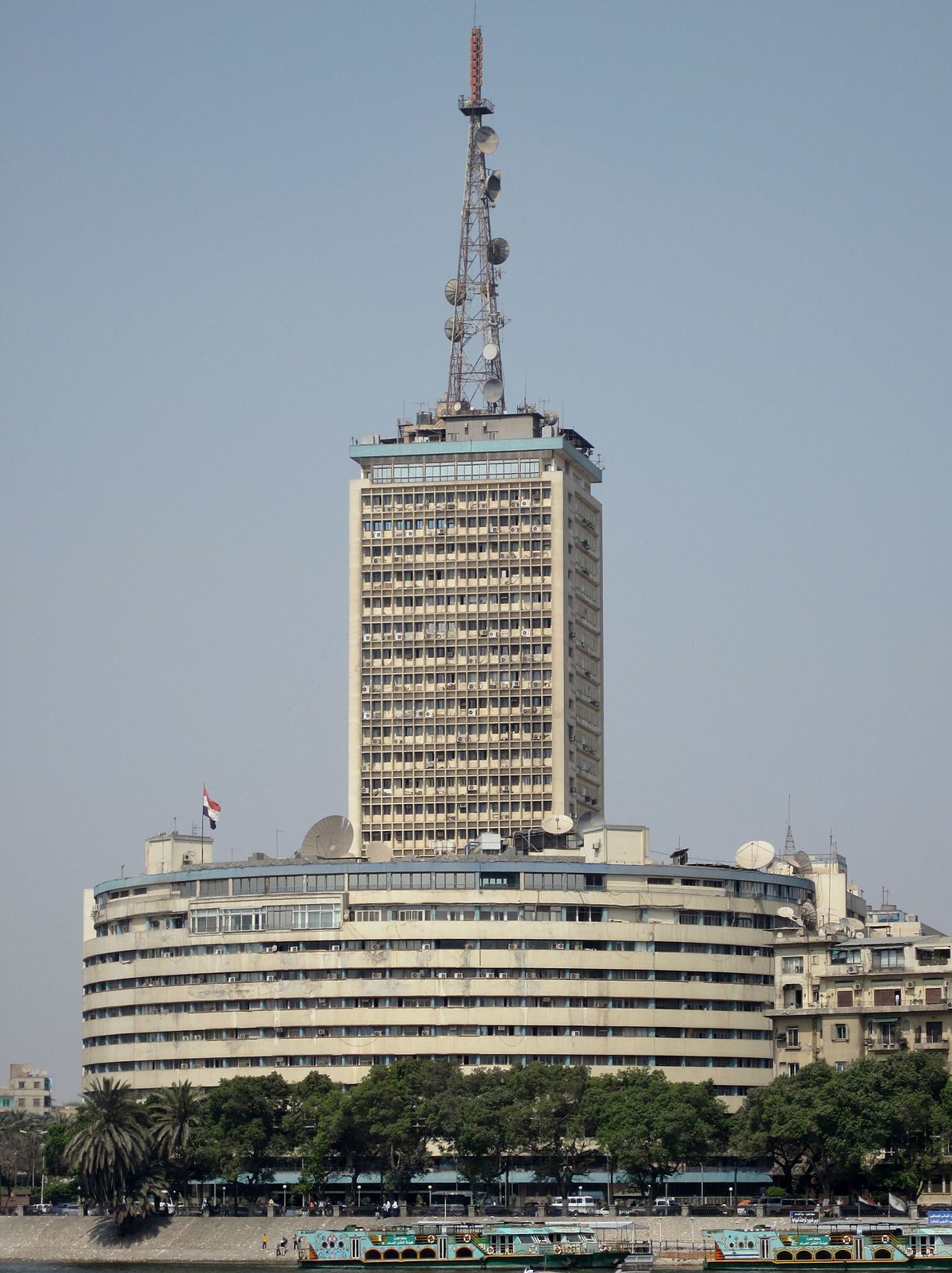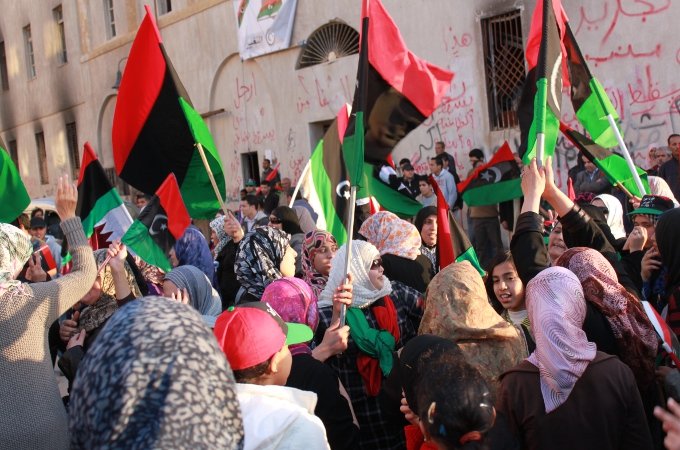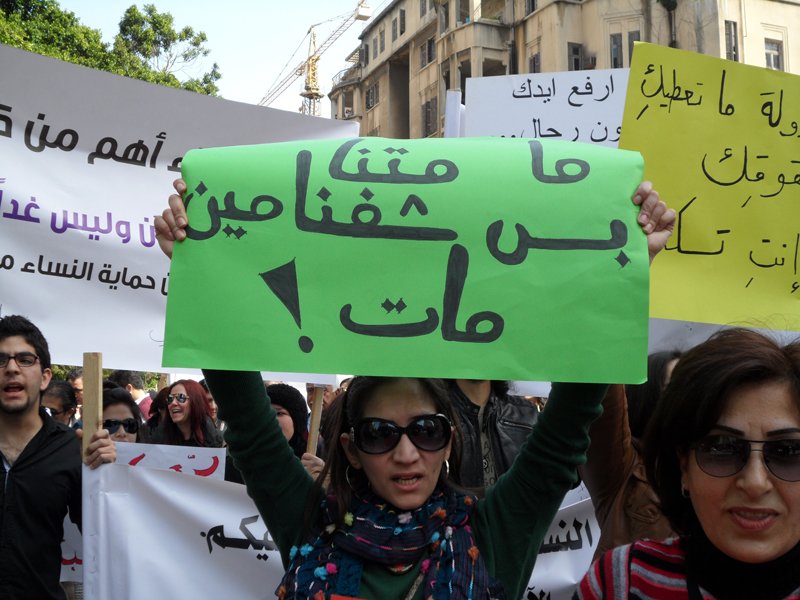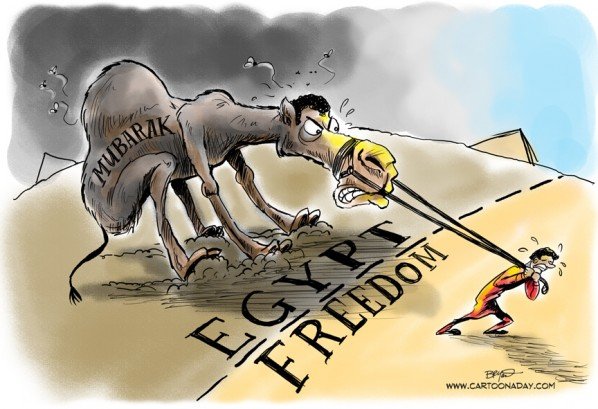Issue 25, winter/spring 2018 https://doi.org/10.70090/KDCW18VF Abstract The rise of ideologically-driven lone actor terrorist attacks, coupled with the use of Internet-circulated media products as sources of inspiration, raises the need to understand the message strategies embedded in media campaigns of groups like ISIS. To better understand “enforcers” of ISIS’ interpretation of …
Read More »Combating Hate Speech and Youth Radicalization
Issue 25, winter/spring 2018 https://doi.org/10.70090/FAI18TAF On December 30, the UK's Security Minister Ben Wallace harshly criticized tech giants like Google, Facebook, and YouTube for not doing enough to combat "terrorism online". He called on them to remove online content that could lead to radicalization. "2018 is a time to deliver. …
Read More »Tech, Time, and Jihad
Issue 22, spring 2016 https://doi.org/10.70090/RH16TTAJ On December 28th, 2015, when the Iraqi army felt confident enough of the military situation around Ramadi, the capital of Anbar province, it invited the world’s media to witness the raising of the national flag atop a central administration building. For the Iraqi government, the …
Read More »Book Review | Civil Imagination: A Political Ontology of Photography
In Civil Imagination: A Political Ontology of Photography, Ariella Azoulay interrogates issues of visual culture, in particular photography, the role of spectator-critics, body politics, and citizenship, through the lens of the Palestinian struggle. She argues that the boundaries of the aesthetic, the political, and the civil perpetuate power relations of nation-states and exclusions. Kiranjeet Kaur Dhillon reviews.
Read More »Why Egypt needs an Audiovisual Translation Authority
Muhammad Y Gamal makes a compelling case for the establishment of an Egyptian Audiovisual Translation Authority. Laying out a short history of translation in Egypt, Gamal argues that the country has not laid the groundwork to keep up with changing modalities of translation and communication in the information age. This, he argues, is critical for the proper development of several sectors, including education, tourism, entertainment and foreign affairs.
Read More »Mapping Egypt’s Media: State Influence in a Transforming Landscape
President of the Egyptian Radio and Television Institute Gamal El Shaer presents unique insight into the current Egyptian media landscape. Grounded in historical discussion of the evolution of broadcast, print, and digital media in Egypt, El Shaer offers lucid description and analysis of how we have arrived at the current post-Revolution media environment. This article also tackles some of the challenges currently facing the country’s media in terms of the relationship between the state and the media, ownership structures, research, and professionalism.
Read More »Social Media in Syria’s Uprising and Post-Revolution Libya: An Analysis of Activists’ and Blogger’s Online Engagement
Masudul Biswas and Carrie Sipes perform a comparative content analysis of Twitter and Facebook posts from a sample of Syrian and Libyan activist groups. By considering online content in the context of post-revolution Libya and the continuing upheaval in Syria, the authors shed new light on online activist agenda-setting. They find that while social media is used as a tool to maintain and expand momentum during revolution, in a post-revolution climate the same media serves as a venue for idea-sharing and political discourse.
Read More »Digital Activism: Efficacies and Burdens of Social Media for Civic Activism
In a comprehensive study of social media usage among social movement organizations in Lebanon, Jad Melki and Sarah Mallat investigate the efficacy of digital technology as a tool for activism. The authors find that while social media platforms offer a number of perceived benefits to activism work, there remain significant obstacles that manifest both on and offline.
Read More »Mubarak Framed! Humor and Political Activism before and during the Egyptian Revolution
In an entertaining and insightful read, Deepa Anagondahalli and Sahar Khamis delve into the world of Egyptian political humor, unpacking its historical roots and reflecting on its evolution from private banter to public resistance. Focusing on Mubarak’s presidency and subsequent ouster, the authors identify a stark shift from long narrative jokes, to the biting “weaponized” one-liners that emerged in his final days. Humor, they conclude, is a paradoxical yet powerful tool for activism, which despite more recent crackdowns has proven to be a relatively safe platform for dissent.
Read More »Streaming Video: A New Era in TV Broadcasting?
Streaming video--the transfer of video files on the Internet--can be accessed by any computer connected to the Internet at high speed or via broadband. With the increased availability of such connections, which allow the transmission of larger amounts of data, including larger pictures at higher resolution, and improved audio, to …
Read More » Arab Media & Society The Arab Media Hub
Arab Media & Society The Arab Media Hub


